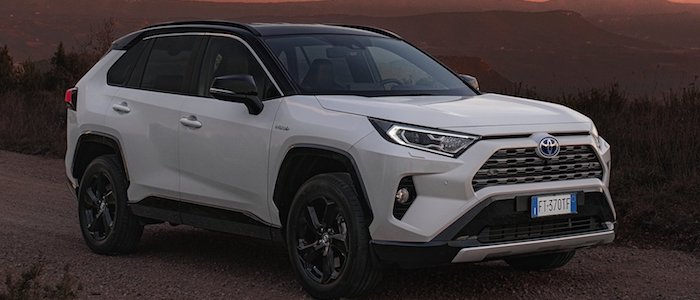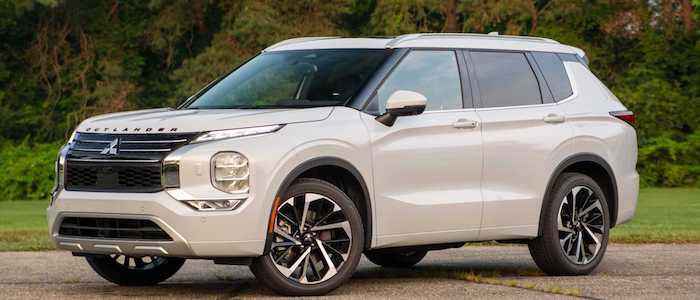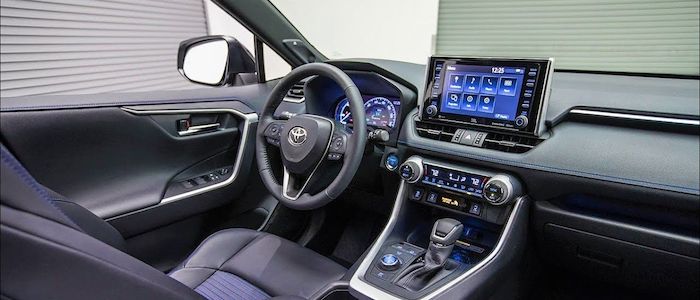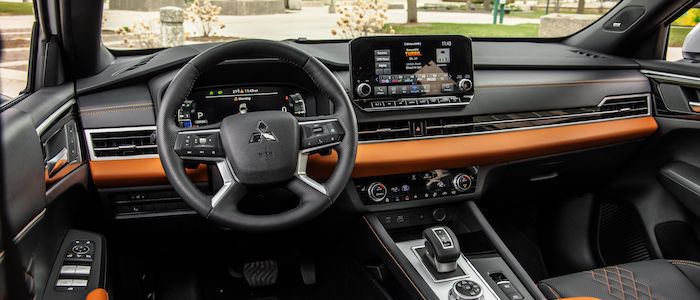Compare two cars
Compare any two cars and get our Virtual Adviser™ opinion
Dimensons & Outlines
Check vehicle history
Engine
Performance (manual gearbox)
Performance (automatic gearbox)
Expenses
Virtual Adviser's™ opinion
Well, these are two pretty similar cars we have here! It's only details that could potentially make the difference. Considering they both belong to the suv segment and utilize the same 5-door suv body style and the 4 x 4 wheel drive system, it all comes up to the specific hybrid engine choice they offer. The first one has a Toyota-engineered powertrain under the hood, a 4-cylinder, 16-valves 218hp unit, while the other one gets its power and torque from a 4-cylinder, 16-valves 252hp engine designed by Mitsubishi.
SafetyBoth vehicles got tested by European New Car Assessment Programme (Euro NCAP), with the same number of safety stars gained in the process. Moving further on, let's take a closer look at some additional safety-related facts. Both vehicles belong to the suv segment, which is generally a very good thing safety-wise, still it doesn't help us solve our dilemma, does it?
ReliabilityManufacturers have been building their reliability reputation for decades now and, generally speaking, it appears that Toyota does have a slight advantage, at least on all of the models level. That's the official data, while our visitors describe reliability of Toyota, as well as Mitsubishi, with the same average rating of 4.6 out of 5. Unfortunatelly, I don't have enough insight that would allow me to comment in more details on the specific models level. Above it all, drivers of cars with the same engine as RAV4 rank it on average as 5.0, while the one under the competitor's bonnet gets 3.0 out of 5.
Performance & Fuel economyThere's not enough data for me to elaborate on the subject, I'm affraid.
Verdict
Toyota is apparently more reliable, not too much, but just enough. The most important thing when deciding between any two vehicles should always be safety, both passive and active. In this case though, it seems that both cars show similar levels of passenger protection all together, so that won't break a tie. When it comes to performance, both vehicles provide similar experience, so I wouldn't point any of them out. Fuel consumption is more or less the same. No mistake, whatever you decide here, but I'd still go for the Toyota. In any case that's my personal view, built upon all the data available to me. What should decide here though is the way you feel about the two vehicles, and I hope you'll find my guidelines useful in the process. I suggest you spend two more minutes in order to find out which car, based on your needs and budget, would be picked by the virtual adviser™, among thousands of similar, yet so different vehicles.
































